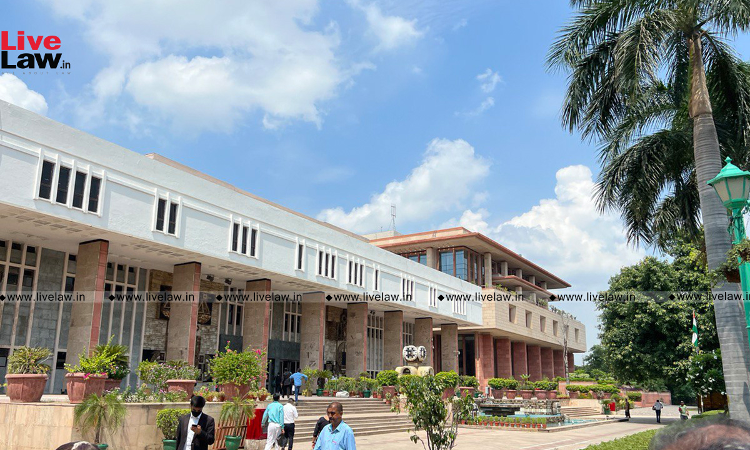The Delhi High Court has held that the deduction under Section 80-IA(7) of the Income Tax Act cannot be denied for the mere failure of the assessee to digitally file an audit report.The bench of Justice Yashwant Varma and Justice Ravinder Dudeja has observed that Audit Report was duly furnished to the AO and was available to be scrutinised and examined by that authority during the...

